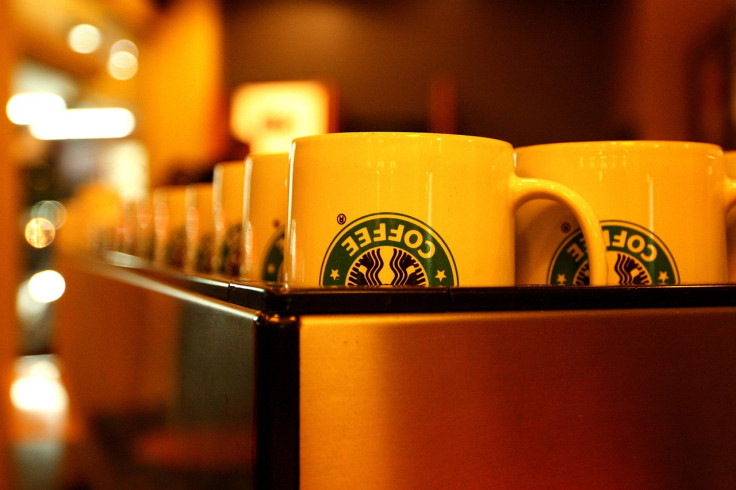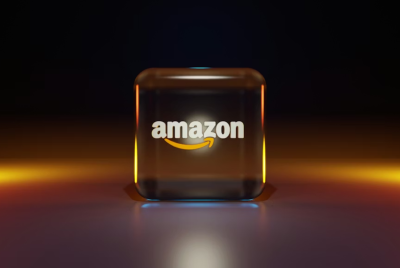Starbucks Shame: Worker Fired for Vile 'Racist' Scrawl on Cup of Woman Who Ordered Charlie Kirk's Drink
A Kroger-operated Starbucks faces backlash after a barista's handwritten message sparks customer outrage

At a Starbucks outlet licensed and operated by Kroger in Ohio, an employee has been dismissed after handing a customer a drink cup marked with the handwritten phrase 'racist's fav drink.'
The incident, tied to conservative commentator Charlie Kirk and his preferred beverage, has triggered public anger, boycott calls, and fresh debate over how effectively Starbucks enforces its brand standards in licensed stores.
Message on Cup Sparks Complaint
Autumn Perkins, a customer at a Starbucks kiosk located within a Kroger supermarket in Middletown, Ohio, ordered a Mint Majesty tea with two honeys, reportedly the preferred drink of conservative commentator Charlie Kirk. Upon receiving her order, she noticed the phrase 'racist's fav drink' written on the cup.
Perkins later posted a photo of the cup on Facebook, explaining that she had ordered the drink in reference to Charlie Kirk's preferred beverage, and was surprised by the handwritten message included by the barista.
The incident occurred shortly after Kirk's death on 10 September, which had led some supporters to order his preferred beverage as a tribute.
Kroger Confirms Termination

Following a complaint, the employee responsible reportedly admitted to writing the message and was subsequently dismissed. A spokesperson for Kroger, which operates the Starbucks location under licence, confirmed the termination, stating that the behaviour 'does not reflect Kroger's values.'
A Starbucks spokesperson also stated to Fox News Digital, clarifying its position: 'Writing this on a cup is unacceptable, and we have clear policies that prohibit negative messages to help preserve a welcoming environment. This Starbucks location is licensed and operated by a subsidiary of Kroger. We understand that Kroger terminated this associate.'
The incident has raised questions about how Starbucks enforces its brand standards across licensed locations. Unlike company-operated stores, licensed outlets, such as those within Kroger supermarkets, are managed independently, though they carry Starbucks branding and serve its products.
Customer Reaction and Operational Implications
Perkins told Fox News Digital she no longer plans to visit Starbucks, stating: 'I don't intend to spend another penny at Starbucks — and as far as I'm concerned, neither will my children or anybody else in my family who will listen to me.'
Her reaction reflects a broader trend of consumer disengagement following brand-related controversies, particularly when incidents are perceived as personal or politically charged.
While Starbucks has not issued a formal comment on the reputational impact of this specific case, the company has previously faced scrutiny over employee behaviour, customer service standards, and its handling of politically sensitive situations.
These recurring challenges highlight the importance of maintaining clear accountability structures between corporate brands and their licensed partners, especially in high-traffic retail environments.
The dismissal of the employee and public statements from both Kroger and Starbucks suggest that swift action was taken to address the issue.
However, the incident highlights the reputational risks associated with global brands operating through third-party franchises, where control over staff training and customer interactions may be limited.
It also raises questions about how effectively brand values are communicated and enforced across decentralised networks. For Starbucks, the challenge lies not only in damage control but in reinforcing operational consistency and trust across all customer touchpoints.
Starbucks' History Of Controversies
This is not the first time Starbucks has faced backlash over staff behaviour. In 2018, the chain temporarily closed 8,000 US stores for racial bias training after the arrest of two Black men in Philadelphia. More recently, Starbucks has come under scrutiny for how employees handle politically charged situations, from racial identity issues to customer disputes.
These episodes underline the challenges of maintaining brand trust across thousands of stores—many of which are licensed rather than directly owned. Critics argue that oversight is diluted in partner-run venues, leaving Starbucks exposed to reputational risks it cannot fully control.
Oversight And Brand Reputation Risks
The Ohio case highlights a structural issue: global brands rely heavily on licensed partnerships to expand but often struggle to enforce uniform standards. Starbucks' swift response—backing Kroger's decision to fire the employee—shows its intent to limit fallout, but damage to reputation may linger.
Brand experts warn that ensuring consistency across decentralised networks is essential. Consumers often see no difference between licensed and corporate-operated outlets. For Starbucks, the scandal reinforces the need to strengthen accountability frameworks and rebuild consumer trust.
Looking Ahead
The incident raises urgent questions: Can Starbucks guarantee consistent values across its licensed stores, and will it adapt its oversight policies to prevent similar incidents in the future? With boycott chatter growing online, Starbucks faces the dual challenge of limiting reputational harm while reinforcing its brand integrity.
How the company responds in the coming months will be a litmus test for its ability to protect one of the world's most recognisable brands in an era of instant social media scrutiny.
© Copyright IBTimes 2025. All rights reserved.




















